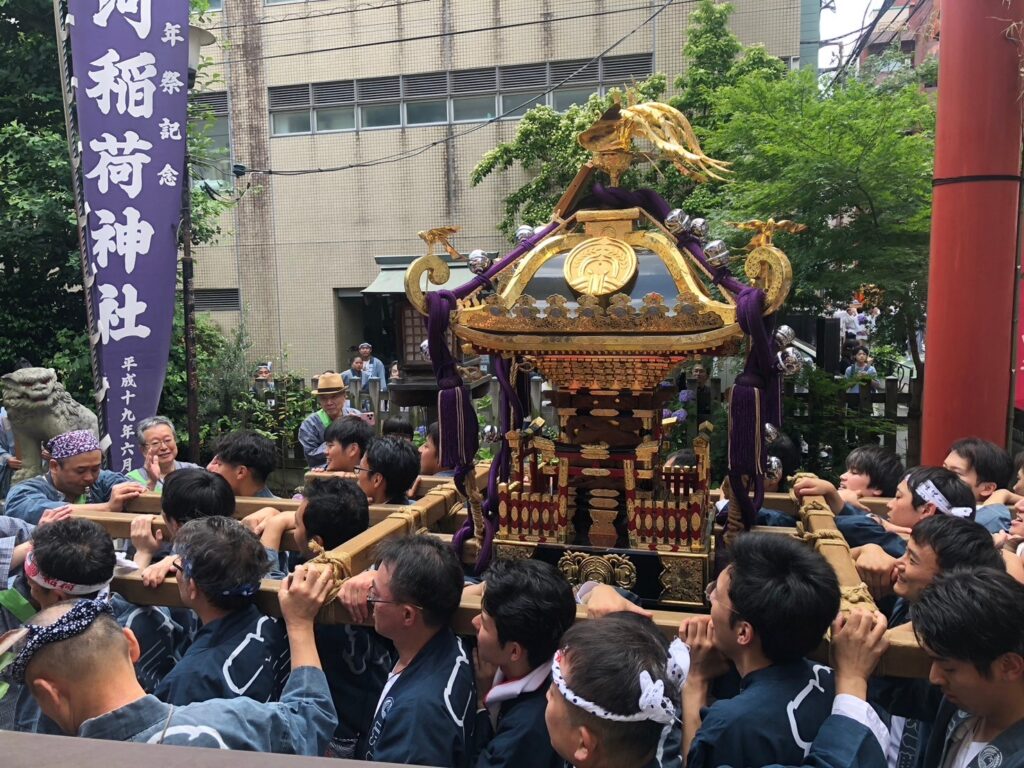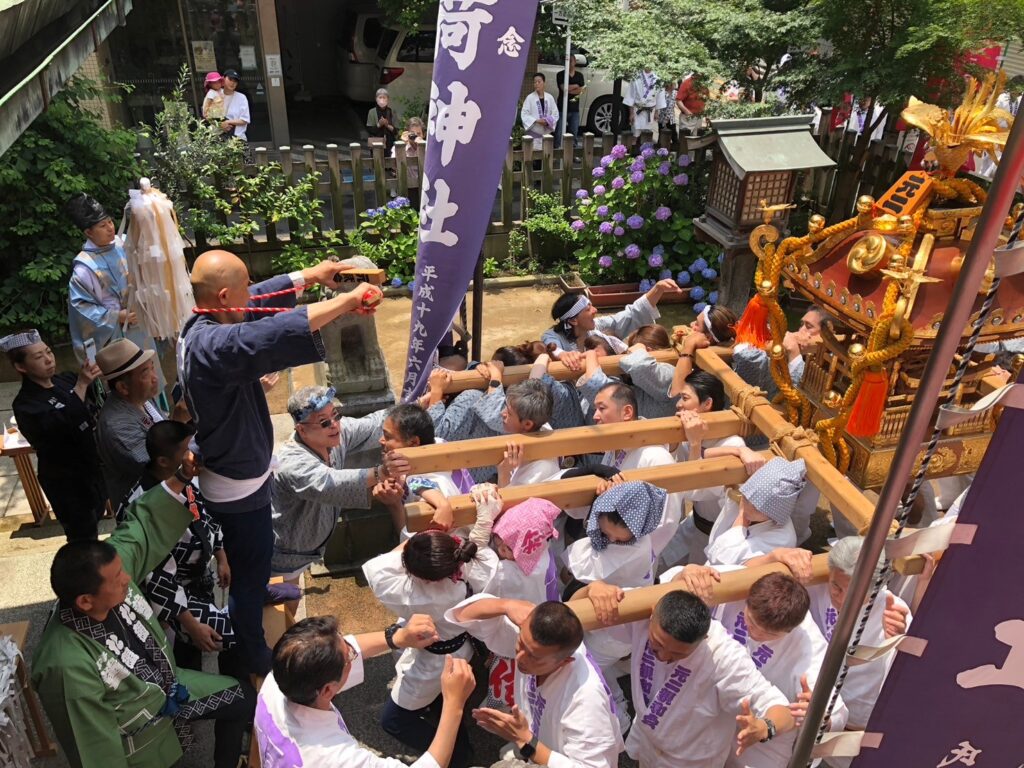さわやかな初夏の候益々御清祥の段お慶び申し上げます。
皆様方には常々敬神の御心深く此の度当三河稲荷神社例大祭に際し御神前に禮代の幣帛を御献納下され御厚志誠に有り難く心より厚く御礼を申し上げます。
当日は御神前にて例大祭ノ儀齋行し氏子中の彌栄と御家運長久の御祈願を厳修させて頂きました。
何卒今後共引き続きお社の為にお力添え御高配を賜りたく略儀乍ら当書を以て御礼旁々申し上げます。


さわやかな初夏の候益々御清祥の段お慶び申し上げます。
皆様方には常々敬神の御心深く此の度当三河稲荷神社例大祭に際し御神前に禮代の幣帛を御献納下され御厚志誠に有り難く心より厚く御礼を申し上げます。
当日は御神前にて例大祭ノ儀齋行し氏子中の彌栄と御家運長久の御祈願を厳修させて頂きました。
何卒今後共引き続きお社の為にお力添え御高配を賜りたく略儀乍ら当書を以て御礼旁々申し上げます。


You really make it seem so easy with your presentation but I find this matter to be really something
which I think I would never understand. It seems too complicated
and very broad for me. I am looking forward for your next post, I will try to get
the hang of it!
Thank you for your kind words.
Following the traditions of the jinja, I have been using old-fashioned expressions, and I believe some parts of my wording may have been difficult to understand.
For example:
“禮代の幣帛をご献納” refers to making a donation to the jinja.
“例大祭ノ儀斎行し” means that the Matsuri is properly and respectfully carried out.
“氏子中の弥栄と御家運長久の御祈願を厳修” refers to performing the rites with care while praying for the well-being and longevity of the local community and their families.
We will hold this Matsuri again this year, praying for your prosperity.